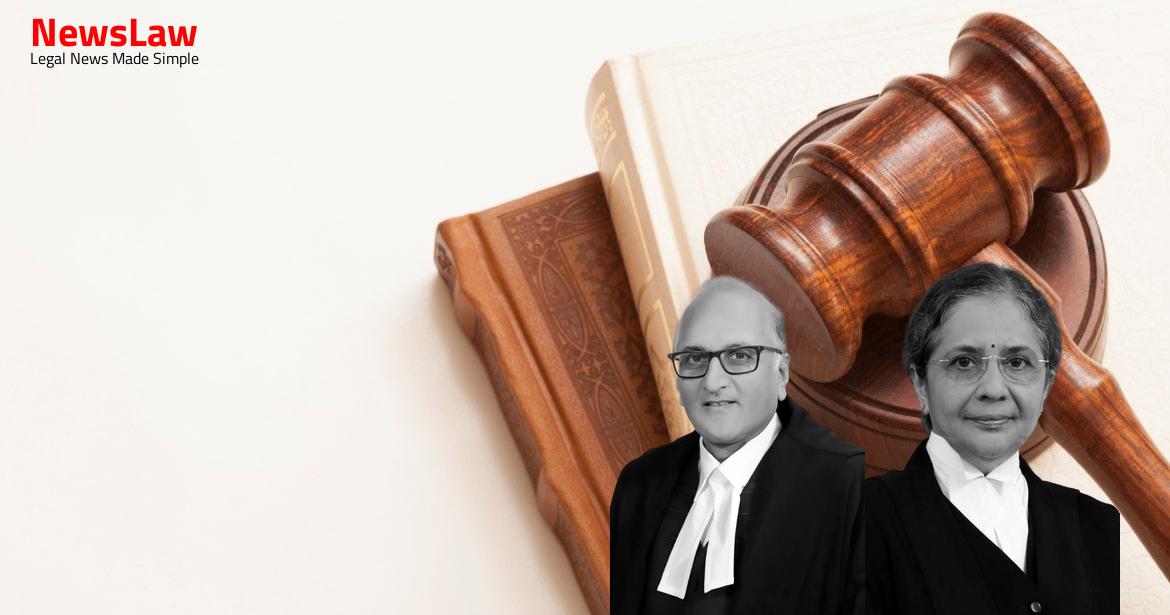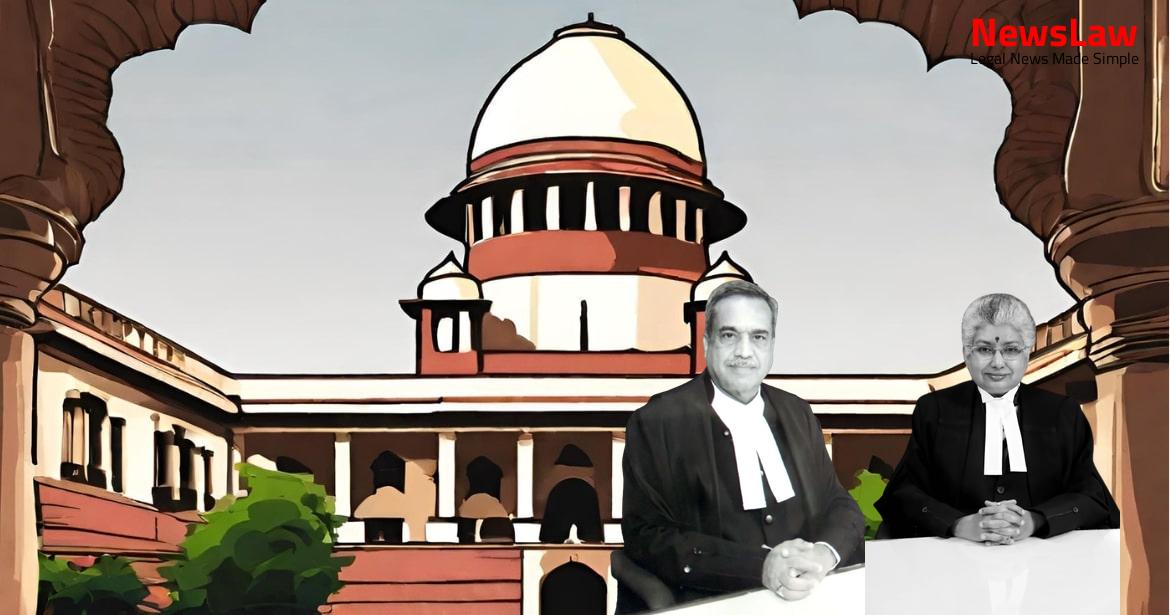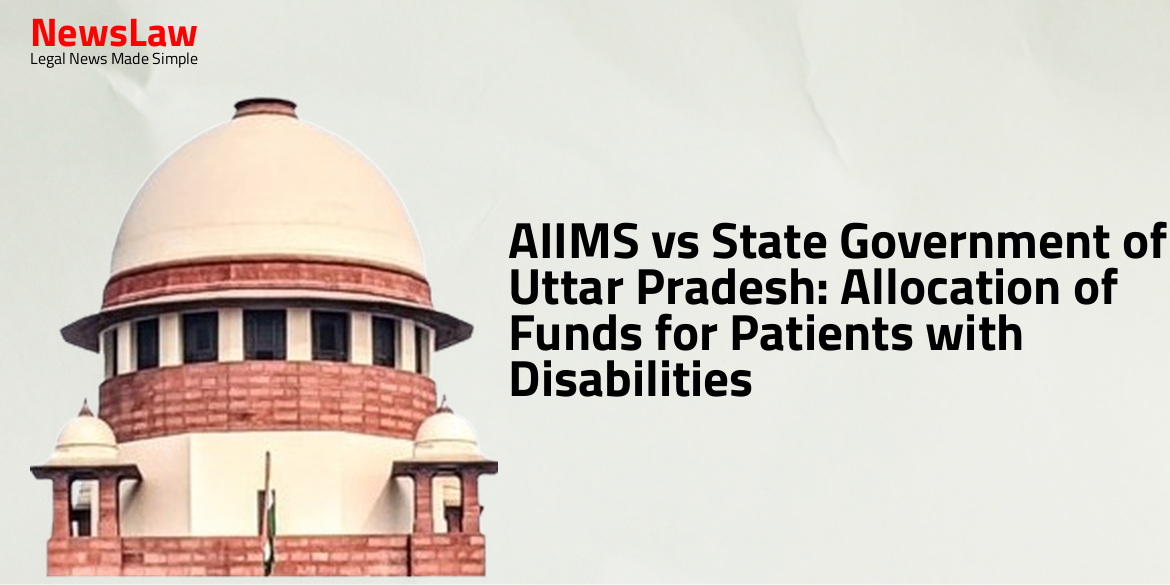Explore the intricate legal intricacies of a recent court case revolving around gas distribution authorization. The court’s in-depth analysis of statutes, regulations, and precedent showcases the complexities of interpreting legal provisions in such cases. Stay tuned to unravel how the court applied legal principles to navigate through challenging arguments and reach a sound decision.
Facts
- Adani contended to be treated as an entity with ‘deemed authorization’ under Section 16 of the PNGRB Act
- PNGRB and Gujarat Gas argued for dismissal of Adani’s petition due to delays, laches, and availability of alternate remedies
- Adani did not challenge the validity of Regulation 18 initially and sought authorization under it without protest
- PNGRB issued a provisional authorization excluding disputed areas, leading to Adani being restrained and directed to obtain authorization from the Central Government
- Adani’s activities were to be recognized only with specific and formal authorization by the Central Government
- Adani eventually submitted application and bid documents for the disputed areas, seeking relief regarding exclusions and challenging Regulation 18’s vires
- Provisional authorization was granted to Adani’s CGD network in certain areas, excluding 18 CNG stations of HPCL
- Adani accepted the grant of authorization under protest despite some areas being excluded
- Adani approached the High Court seeking various reliefs after feeling aggrieved by the excluded areas
- Adani challenged the validity of Regulation 18 as violative of the Constitution and the PNGRB Act
- Adani also challenged the grant of authorization to Gujarat Gas for maintaining a gas distribution network excluding disputed areas
- Gujarat Gas secured authorization in an auction held by the PNGRB
- Section 16 of the PNGRB Act, relating to authorization, came into effect on 12.07.2010
- Adani participated in the bidding process for the disputed area without challenging it initially.
- The petition challenging Regulation 18 of the CGD Regulations was filed only after Adani was unsuccessful in the bid, indicating a selective challenge based on convenience.
- Adani had applied for and received authorization for the Khurja area in Uttar Pradesh in 2012.
- After submitting the performance bank guarantee, Adani accepted the final authorization for Ahmedabad city and Dascroi area, excluding the disputed areas, without protest.
- The High Court referenced a previous judgment stating that Parliament had exclusive legislative competence on natural gas, limiting state governments’ authority in this area.
- The Parliament provided for ‘deemed authorization’ under Section 16 of the PNGRB Act, subject to the provisions of Chapter IV, including Section 17.
Also Read: Electoral Malpractices in Mayor Election
Issue
- Delegation was made for carrying out the object of the issue.
- The issue in question is whether a limitation can be imposed on ascertaining the fit and proper status of the applicant, while disregarding creditworthiness.
Also Read: Balancing Power and Transparency: Electoral Bonds Struck Down, Disclosure Mandated
Arguments
- The petitioners argued that under Section 16 of the PNGRB Act, there was no artificial distinction between entities authorized by the Central Government and others before the Act’s enactment.
- They contended that the deeming authorization provision in Section 16 was intended to save all entities, regardless of prior authorization, that were involved in laying, building, operating, or expanding gas networks before the appointed day.
- The petitioners emphasized that Section 17 and 19, along with Regulation 18, governed the process of obtaining authorization under the PNGRB Act.
- They disputed the PNGRB’s interpretation of the proviso to Section 16, asserting that the deeming authorization provision covered entities carrying out gas distribution activities immediately before the appointed day, irrespective of prior central government authorization.
- The petitioners argued against the exclusion of disputed areas from Adani’s authorized operations, stating that the deeming provision should apply to the entire area where the entity was active.
- They highlighted discrepancies in PNGRB’s reasoning for exclusion and emphasised that the Board’s power to evaluate applications under Section 17 should consider the deeming authorization provision under Section 16.
- The petitioners challenged the requirement for entities to compete in a selection process under Regulation 18, arguing that it was arbitrary and discriminatory.
- They mentioned the lack of clarity in PNGRB’s justifications and the violation of principles of natural justice in issuing non-speaking authorization orders.
- The petitioners disagreed with PNGRB’s reliance on subsequent affidavits and stressed the importance of considering all relevant factors for evaluating physical progress and financial commitment of entities applying for authorization.
- Entities historically authorized by the Central Government for 22 areas.
- State governments issued local permissions to private entities after a specific decision without central authorization.
- Entities had Central Government ratification and APM gas allocation.
- State PSU in Gujarat (M/s Gujarat Gas Limited) operated historically under permissions from the State and Central Government.
- Selection of entities by State Government without due process not in line with public policy.
- Entities were Central PSU promoted with GAIL as a stakeholder handling APM natural gas.
- Oil Marketing Companies were stakeholders providing distribution network and technical expertise.
- GAIL applied for authorization to PNGRB under Section 17(2) and was granted such authorization.
Also Read: Recall of Resolution Plan Approval: Legal Analysis
Analysis
- The Petroleum and Natural Gas Regulatory Board (PNGRB) Act empowers the Board to lay down technical standards and specifications, including safety standards, in activities related to petroleum, petroleum products, and natural gas.
- Entities seeking authorization must meet minimum eligibility criteria and possess necessary clearances and permissions from relevant authorities.
- Applications for authorization must be made in a specified form and accompanied by the required fee.
- Deemed authorization is granted to entities already operating gas distribution networks before the appointed date, subject to certain conditions.
- The Board must issue public notices inviting comments and objections on proposed projects.
- The Act applies to the regulation of petroleum, petroleum products, and natural gas distribution, excluding crude oil and natural gas production.
- The Board has the authority to grant or reject applications for authorization, recording reasons for any refusal or conditional acceptance.
- Authorized entities must adhere to the terms and conditions of their authorization, including technical standards, safety standards, and quality of service standards.
- Exclusivity may be granted to authorized entities as per the Board’s regulations.
- Entities not authorized by the Central Government but operating gas distribution networks must apply for authorization promptly.
- Regulations specify the geographical areas authorized for city or local natural gas distribution networks.
- The Judicial Committee observed that the expression “having regard to” in the statute should not be interpreted in isolation, but in conjunction with other relevant factors and criteria.
- The court held that a proviso must be read and considered in relation to the main matter to which it is attached.
- The principles related to the interpretation of a proviso were discussed, including the presumption that but for the proviso, the main enactment would have included the subject matter of the proviso.
- The use of terms like ‘having regard to’, ‘may consider’, or ‘shall have regard to’ are legislative indicators of how discretion is to be exercised.
- Regulation 18(3) should be considered in totality, taking into account the composite nature and inter-linkages of the criteria provided.
- Specific criteria and provisions in Regulation 18 are not to be interpreted in isolation, but in conjunction with the broader objectives of the PNGRB Act.
- The concept of ‘approbate and reprobate’ was discussed in relation to taking inconsistent stands in legal proceedings.
- The principle of approbate and reprobate was applied to prevent a party from adopting contradictory positions in a legal matter.
- The court emphasized the importance of consistency in legal arguments and positions taken by parties during legal proceedings.
- The court highlighted the need to interpret subordinate legislation deferentially when enacted by expert regulatory bodies.
- The legislative intent behind Regulation 18 was discussed in relation to the overarching objectives of the PNGRB Act and the necessity for the board to consider various factors in the authorization process.
Decision
- Adani’s claim is precluded by the principle of approbate-reprobate.
- Exclusion of disputed areas was justified.
- The appeals have failed and are dismissed.
- Adani shall bear the costs quantified at ₹ 10 lakhs payable to the Union of India.
Case Title: ADANI GAS LIMITED Vs. UNION OF INDIA (2021 INSC 558)
Case Number: C.A. No.-006008-006009 / 2021



